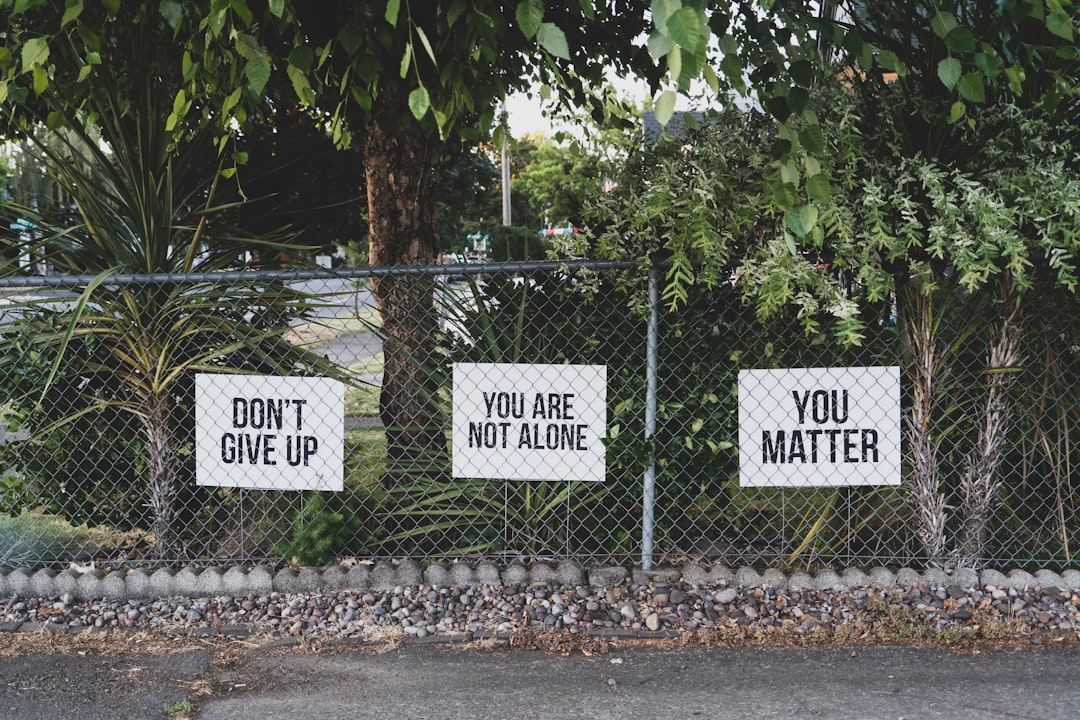Long-term sobriety is an incredible achievement, showcasing resilience and determination to break free from the chains of addiction.
However, amidst the triumphs and the transformed lives, there lies a potent danger: Forgetting the fundamental reasons that initially led individuals on this challenging path.
Over time, losing sight of the purpose behind your sobriety journey is easy, potentially jeopardizing the hard-earned progress. In this article, we delve into the significance of rediscovering your why and offer practical insights to maintain a thriving, long-term sober lifestyle.

I’m over 1,100 days sober, and there are times when I believe if I wanted to, I could go back to drinking. The demons I was running from and my destructive habits have been recognized and dealt with.
At this point, though, what benefit would drinking booze bring me?
I’m over three years sober, which is three years of not having to worry about what I said, did or whether I was okay to drive. It’s also three years of not being inflamed, hungover, or feeling like my brain was inside a bass drum at a NOFX concert. There’s clearly no positive reason for me to bring the liquid poison back into my life.
But I still think I could do it, and if I’m thinking it, others probably are too, so we should get the discussion going on why, even when we feel we’re “healed”, we must stick to our guns of staying away from the vice that once took so much.
When battling addiction, the initial surge of motivation acts as a powerful driving force. It stems from a deep desire to make positive changes, escape the clutches of substance abuse, and embrace a healthier, fulfilling existence. This initial motivation is often fueled by painful experiences, shattered relationships, or brushes with rock bottom. However, as time passes and recovery progresses, the urgency of these memories fades away, leading to complacency.
The man who has gained some distance from his last drink of alcohol has also walked a significant distance from what got him sober in the first place.
Zac Small
As months and years tick by, the intense urgency that fueled the early stages of sobriety becomes a distant memory. For some therapy sessions, lifestyle changes and other support networks can become routine and easily taken for granted.
Consequently, the fire that once burned bright gradually dwindles, and the initial reasons for pursuing sobriety may fade into the background.
Example: There was a time when I was sharing my milestones weekly; now, it’s every six months.
Forgetting why you started your journey toward sobriety can have detrimental consequences.
As the weeks turn into months and beyond, the absence of a strong foundational purpose may leave you vulnerable to relapse. Life's stressors and challenges can be overwhelming, particularly without a potent motivator to keep moving forward.

To safeguard long-term sobriety, it is crucial to consciously reconnect with the reasons that propelled you to seek sobriety in the first place. Here are a few strategies to reset that failing discipline, as well as a mantra of sorts for each that I tell myself in order to remain on the path of sober living:
REFLECT
Dedicate intentional time to reflect on the journey thus far and the positive changes that have resulted from sobriety. Take note of the person you've become, the relationships mended, and the improved physical and mental well-being.
“Everyone’s lives have improved; this impacted more people than just myself. I was hurting my family when I was poisoning myself.”
REVISIT
Recall your addiction journey's painful and challenging moments. Bring to mind the pain, destruction, and chaos caused by substance abuse, reinforcing your dedication to a different path.
“My wife will never have to make excuses for my unattractive behaviors.”
REAFFIRM
Identify and reaffirm the core values you embraced on your journey toward sobriety. Determine what truly matters to you, your loved ones, and your vision for the future.
“My children will never remember their dad being drunk.”
REASSESS
Being sober opens up a world of opportunities. Set new, meaningful goals and aspirations that align with your values and dreams. This will provide a renewed sense of purpose as you strive for personal growth and fulfillment.
“I finally have a life with too much to lose.”
Maintaining long-term sobriety is an ongoing battle that requires vigilance and commitment. Forgetting why you started in the first place can derail progress, leaving you susceptible to relapse. You can reignite the flame and safeguard your hard-earned sobriety by intentionally rediscovering your why. Stay connected to the underlying motivations and the pains, tough positions, and knotted stomach moments that propelled you toward this transformative path.
- Zachary Small

